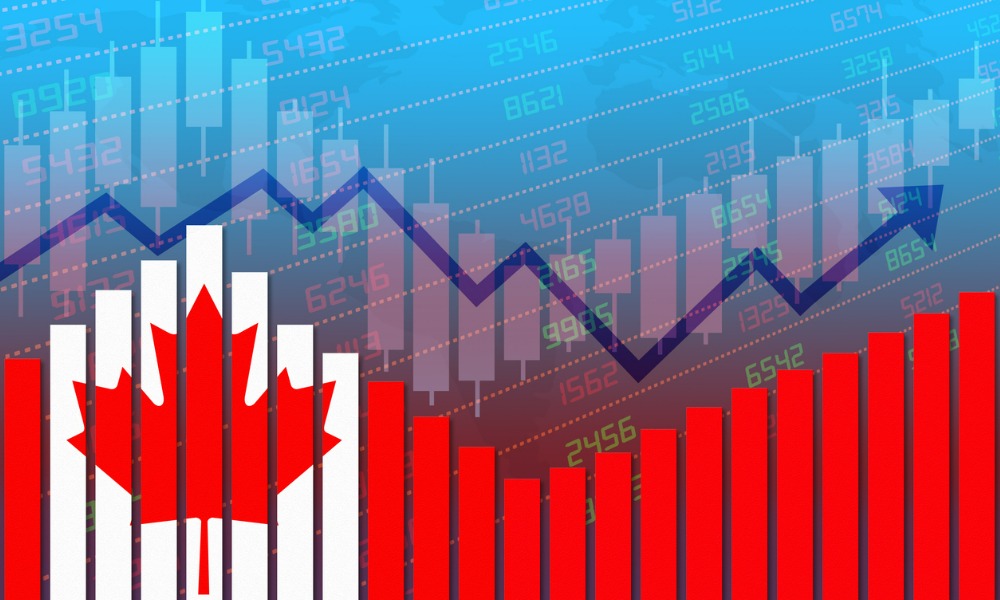Canadian housing market has pockets of strength but supply remains challenging

The Canadian housing market is frequently a story of many conflicting chapters and two new reports highlight both the optimism and challenges facing the sector.
On the positive side, the luxury real estate market is set for a strong fall season as this small but resilient part of the market sees the benefits of stabilizing confidence in the wider Canadian economy.
Royal LePage’s data shows that luxury home sales were up year-over-year in most major cities in the first eight months of 2024, with Toronto, Vancouver, and Halifax the exceptions. Some of the largest gains were in the Prairies led by Winnipeg, Edmonton, and Calgary. This reflects the overall strong market in the region. Quebec City is also a standout area for sales volume.
"Homes typically trade hands at the high end of the market at a slower pace than we see in the industry overall, as the funnel of potential purchasers narrows as the price of properties climbs. This affords luxury buyers the luxury of acting more deliberately, taking their time in a quest to find exactly the right home," said Phil Soper, president and chief executive officer, Royal LePage. "While market conditions can vary from one city or province to the next, the dynamics at play in luxury real estate markets from coast to coast remain consistent: buyers in this segment know what they want and they are willing to wait for it."
High construction costs remain and this is turning attention to resales for some, but others are biting the bullet and having their dream home built despite the cost and timeline.
Foreign buyers
Soper says the ban on foreign buyers acquiring Canadian homes has not made much difference in terms of house prices or availability.
"Foreign investors in residential real estate tend to focus on the luxury market. It is typically wealthy people who consider owning a property in a foreign country,” he said. “Two years in, and the prohibition on foreign buyers has had virtually no impact on housing prices in Canada, as we expected. Prolonging the international buyer ban will not make housing more accessible to Canadians.”
He concluded that rising prices in the luxury market and the wider Canadian housing market will be inevitable while supply remains constrained.
Construction investment
That situation will not be helped by the latest data on investment in Canadian construction.
Statistics Canada this week reported figures for July which show a 1.7% decrease in construction investment to $20.9 billion, following two months of growth, although the year-over-year increase was 7%.
For the residential sector the decrease in July was -2.2% or $330 million, compared to June, to a total of $14.6 billion. Only Saskatchewan (+$6.4 million) and Nunavut (+$1.2 million) recorded increases for single-family homes, while Quebec was the largest drag on multi-unit construction investment, offset slightly by gains in Ontario.



